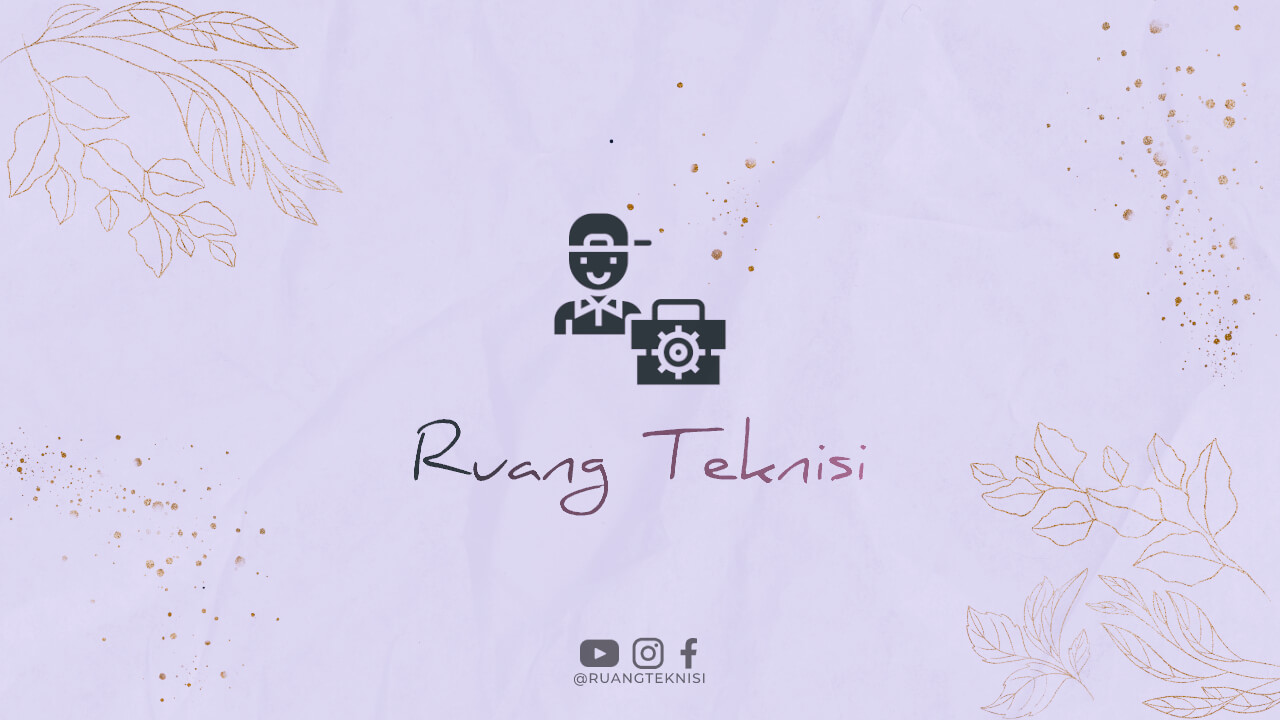Introduction
Personal finances play a crucial role in our daily lives. Whether it’s managing expenses, saving for the future, or investing wisely, financial decisions have a significant impact on our overall well-being. In this article, we will discuss some essential points to keep in mind when handling personal finances, enabling you to make informed choices and achieve financial stability.
Create a Budget and Stick to It
One of the first things to remember is the importance of creating a budget. A budget helps you track your income and expenses, allowing you to allocate funds appropriately. By setting financial goals and sticking to a budget, you can effectively manage your money and avoid unnecessary debt.
Save for Emergencies
An emergency fund is vital to protect yourself from unexpected expenses. Aim to save at least three to six months’ worth of living expenses in case of job loss, medical emergencies, or any other unforeseen circumstances. This safety net will provide peace of mind and prevent you from falling into debt during challenging times.
Pay Off High-Interest Debt
If you have accumulated high-interest debt, such as credit card balances, prioritize paying it off as soon as possible. High-interest rates can quickly escalate your debt, making it challenging to achieve financial stability. Consider consolidating debts or negotiating lower interest rates to ease the burden.
Invest Wisely
Investing is an essential aspect of personal finance. By investing your money wisely, you can grow your wealth and secure a financially stable future. Educate yourself about different investment opportunities, such as stocks, bonds, mutual funds, and real estate. Diversify your portfolio to minimize risk, and consider seeking professional advice if needed.
Plan for Retirement
It’s never too early to start planning for retirement. Take advantage of retirement savings accounts, such as a 401(k) or an Individual Retirement Account (IRA). Contribute regularly and take advantage of any employer matching programs. The earlier you start saving for retirement, the more time your money has to grow.
Protect Your Assets
Insurance is a crucial component of personal finance. Ensure you have adequate coverage for your home, car, health, and life. Evaluate your insurance policies regularly to ensure they meet your current needs and consider umbrella insurance for additional protection. Being adequately insured protects your assets and safeguards you from unexpected financial setbacks.
Be Mindful of Impulse Purchases
Impulse purchases can quickly derail your financial goals. Before making a purchase, especially a significant one, consider whether it aligns with your budget and if it’s a necessity. Avoid making impulsive decisions based on emotions or short-term desires. Practice self-discipline and prioritize long-term financial stability.
Track Your Expenses
Tracking your expenses is crucial for understanding where your money goes. Use mobile apps or personal finance software to monitor your spending habits. Categorize your expenses and analyze the data to identify areas where you can cut back or make adjustments. This awareness will help you make informed decisions and save money.
Avoid Bad Financial Habits
It’s essential to identify and break bad financial habits that hinder your progress. This may include overspending, relying on credit cards, or neglecting to save. Replace these habits with healthier alternatives, such as prioritizing savings, practicing mindful spending, and seeking financial education.
Teach Yourself Financial Literacy
Financial literacy is an invaluable skill that everyone should strive to develop. Educate yourself about personal finance, including topics such as budgeting, investing, and understanding credit. Numerous online resources, books, and courses are available to help you improve your financial knowledge and make informed decisions.
Set Realistic Financial Goals
Setting realistic financial goals is essential for long-term success. Define short-term and long-term goals, such as saving for a down payment, paying off debt, or retiring comfortably. Break these goals into achievable milestones and track your progress regularly. Celebrate your achievements along the way, motivating you to stay on track.
Communicate Openly about Finances
Open communication about finances is crucial, particularly in relationships or marriages. Discuss financial goals, expectations, and concerns with your partner to ensure you are on the same page. Regularly review your financial situation together and make joint decisions that align with your shared goals.
Take Advantage of Tax Benefits
Maximize your tax savings by taking advantage of available deductions and credits. Understand the tax laws and consult a tax professional if needed. Contributing to retirement accounts, utilizing tax-advantaged savings plans, and deducting eligible expenses can significantly reduce your tax liability.
Continuously Educate Yourself
Personal finance is ever-evolving, and staying informed is crucial. Stay up to date with financial news, trends, and changes in regulations that may impact your finances. Attend seminars, read books, follow reputable financial websites, and learn from experts to ensure you are equipped to make the best financial decisions for your circumstances.
Conclusion
When it comes to personal finances, understanding the fundamentals and being proactive are key. Create a budget, save for emergencies, pay off high-interest debt, and invest wisely. Plan for retirement, protect your assets, and avoid impulsive spending. Track your expenses, break bad financial habits, and educate yourself continually. By following these guidelines and remembering the importance of financial literacy, you can achieve a stable and prosperous financial future.

